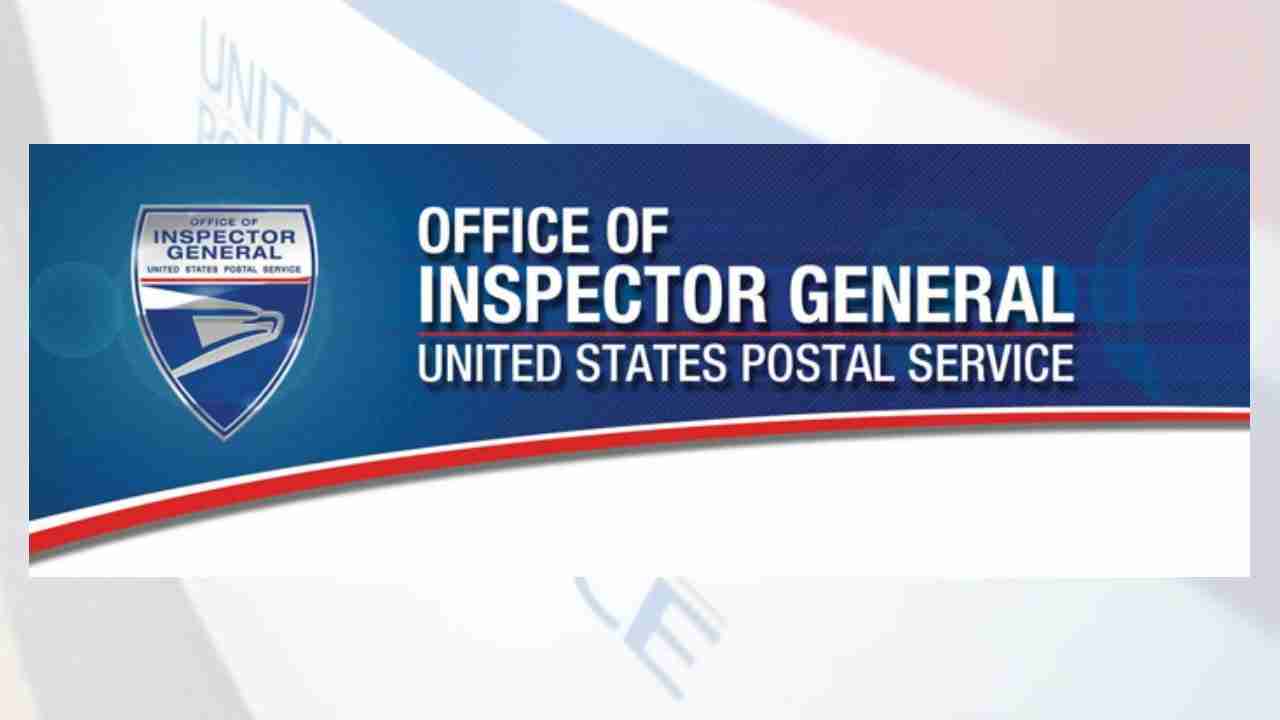Did you know the U.S. Postal Service has a legally mandated program that allows blind or other physically handicapped people to send and receive certain types of mail at no charge? Established more than a century ago — well before the Americans with Disabilities Act of 1990 — the program is known as Free Matter for the Blind.
What qualifies as Free Matter? Large-type (14-point or larger) documents, braille, audio recordings, and talking book players. When mailed domestically, Free Matter is to be treated as First-Class Mail, and packaging must remain unsealed so that USPS can inspect contents to ensure they’re eligible for postage-free mailing.
Congress recently asked us to review the Postal Service’s procedures for accepting, handling, and delivering Free Matter. We noted that USPS last updated its policy for Free Matter preparation in 2015, but we found that several Free Matter processes could be improved.
For instance, the Postal Service hasn’t implemented procedures for employees carrying out inspections to ensure contents are eligible. We also found that employees didn’t always know policies and procedures for accepting Free Matter, and Free Matter was sometimes processed as Parcel Post instead of First-Class Mail.
But as our audit report points out, things are indeed improving: Postal Service management agreed with two of our three recommendations and either proposed or already took actions that addressed our concerns in the third. For instance, USPS issued a nationwide alert to all retail units on the proper acceptance and mailing of Free Matter. Then, about two months later, management notified all processing operations about the importance of recognizing and properly handling Free Matter.

